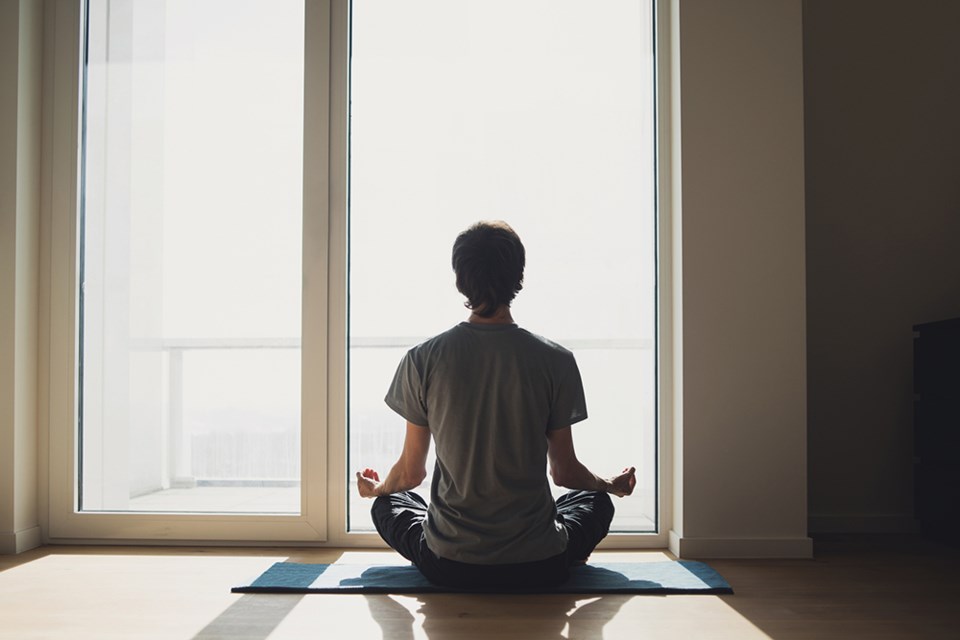Open conversation around mental health issues, which were previously taboo topics, encourage people to step out of the dark and into illuminated places of knowledge and acceptance.
These are places where professionals and community groups can be an empathetic and a reassuring hand to grab when starting a healing journey from serious unprocessed cognitive impairments, or maybe, continue a program of mental-wellness-maintenance and self-care.
A need for mental health help might have urgency owing to drug abuse during an overdose epidemic, or staving off that unwanted visitor wearing a long black cloak, or seasonal affective disorder (SAD) and everything in between.
Mental health is everything because all of life is processed through our brains. Society was slow to promote the importance of mental health, however, we are here today talking openly and that is a good thing.
Focusing on mental wellness might be as simple as desiring more happiness and reaching for our “best life.”
The idea of separating the brain and the body is an archaic concept better left in dated textbooks. Mental wellness and physical health are enmeshed and interdependent.
In my experience, mindfulness, medicine and meditation have been extremely effective tools in my recovery from my lost life of addiction and self-loathing. These methods have been “road tested” by me and I hope sharing will help others and be a positive force in someone’s recovery.
Mindfulness
Mindfulness is a buzzword these days, which can take on an array of meanings. Cognitive diffusion is the clinical word for the practice of looking at our thoughts, rather than from them. In other words, we are not our thoughts.
A thought, without a corresponding action, has a finite life and will pass through our minds then disperse like clouds in the blue sky.
This aspect of mindfulness involves creating a space between us and our thoughts and feelings so they have less control. Letting thoughts come and go instead of clutching onto them can be very effective for people with clinical depression and anxiety.
Cognitive behavioural therapy (CBT) and mindfulness are science-based methods which will put you on a direct route to a better reality.
Medicine
From my years of experience, a pharmacologic intervention was effective and necessary. Over the course of a year, my psychiatrist and I had to find a balance of therapeutic drugs to aid in my integration into the larger world which I stubbornly avoided. I view pharmaceutical medicines as a technology that can be an effective tool toward good health when applied thoughtfully.
There are many options involving natural medicines for mental wellness ailments. Again, consulting a qualified naturopath is the first step on the more holistic journey.
Meditation
Meditation has been a tool for followers of Hindu and Buddhist religions for thousands of years. It is something I never thought I would do in my lifetime, but is now a foundational ritual of my day.
I have found it to be a mind-body complementary medicine, which lowers my heart rate and stress while noticeably increasing my level of patience.
Mediation with mindfulness and medicines has enabled me to see the world with increased awareness and a focus on maintaining mental wellness. The convergence of meditation, medicine and mindfulness is a good, safe place where healing can happen. I hope to see you there one day.
Robert Skender is a qathet region freelance writer and health commentator.



